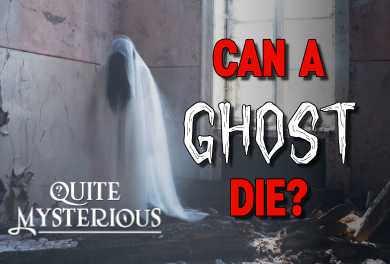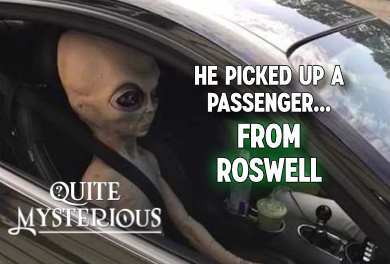Space & Astronomy
August 10, 2019 · 20 comments
20 comments

How can a star be older than the universe itself ? Image Credit: NASA/ESA/ESO
Back in 2013, a study employing the Fine Guidance Sensors of NASA's Hubble Space Telescope determined that the star is roughly 14.5 billion years old - a figure that would seem to be impossible given that the age of the universe itself is thought to be approximately 13.799 billion years.
"It's a riddle of cosmic proportions: how can the universe contain stars older than itself ?" physicist Robert Matthews wrote in The National. "That's the conundrum now facing astronomers trying to establish the age of the universe - and its resolution could spark a scientific revolution."
It is certainly possible that either one or both of these calculated ages is wrong, however it is also possible that there is something fundamental about the universe that scientists are missing.
"Astronomers now know [that HD 140283] contains very little iron - which means it must have been formed before this element became common in the universe," wrote Dr Matthews.
"And that implies HD 140283 must be almost as old as the universe itself."
The search for answers continues.
Source: News.com.au | Comments (20)
Mysterious star is 'older than the universe'
By T.K. RandallAugust 10, 2019 ·
 20 comments
20 comments
How can a star be older than the universe itself ? Image Credit: NASA/ESA/ESO
Known as the 'Methuselah star' due to its extreme age, this nearby stellar body may predate the Big Bang.
Situated a mere 200 light years away from the Earth, the star known formally as HD 140283 has long represented something of a problem for astronomers.Back in 2013, a study employing the Fine Guidance Sensors of NASA's Hubble Space Telescope determined that the star is roughly 14.5 billion years old - a figure that would seem to be impossible given that the age of the universe itself is thought to be approximately 13.799 billion years.
"It's a riddle of cosmic proportions: how can the universe contain stars older than itself ?" physicist Robert Matthews wrote in The National. "That's the conundrum now facing astronomers trying to establish the age of the universe - and its resolution could spark a scientific revolution."
"Astronomers now know [that HD 140283] contains very little iron - which means it must have been formed before this element became common in the universe," wrote Dr Matthews.
"And that implies HD 140283 must be almost as old as the universe itself."
The search for answers continues.
Source: News.com.au | Comments (20)

The Unexplained Mysteries
Book of Weird News
AVAILABLE NOW
Take a walk on the weird side with this compilation of some of the weirdest stories ever to grace the pages of a newspaper.
Click here to learn more

Support us on Patreon
BONUS CONTENTFor less than the cost of a cup of coffee, you can gain access to a wide range of exclusive perks including our popular 'Lost Ghost Stories' series.
Click here to learn more
Ancient Mysteries and Alternative History
United States and the Americas
Quite Mysterious - Our YouTube Videos
Other World News
Total Posts: 7,749,608 Topics: 323,850 Members: 203,493
Not a member yet ? Click here to join - registration is free and only takes a moment!
Not a member yet ? Click here to join - registration is free and only takes a moment!




























Please Login or Register to post a comment.